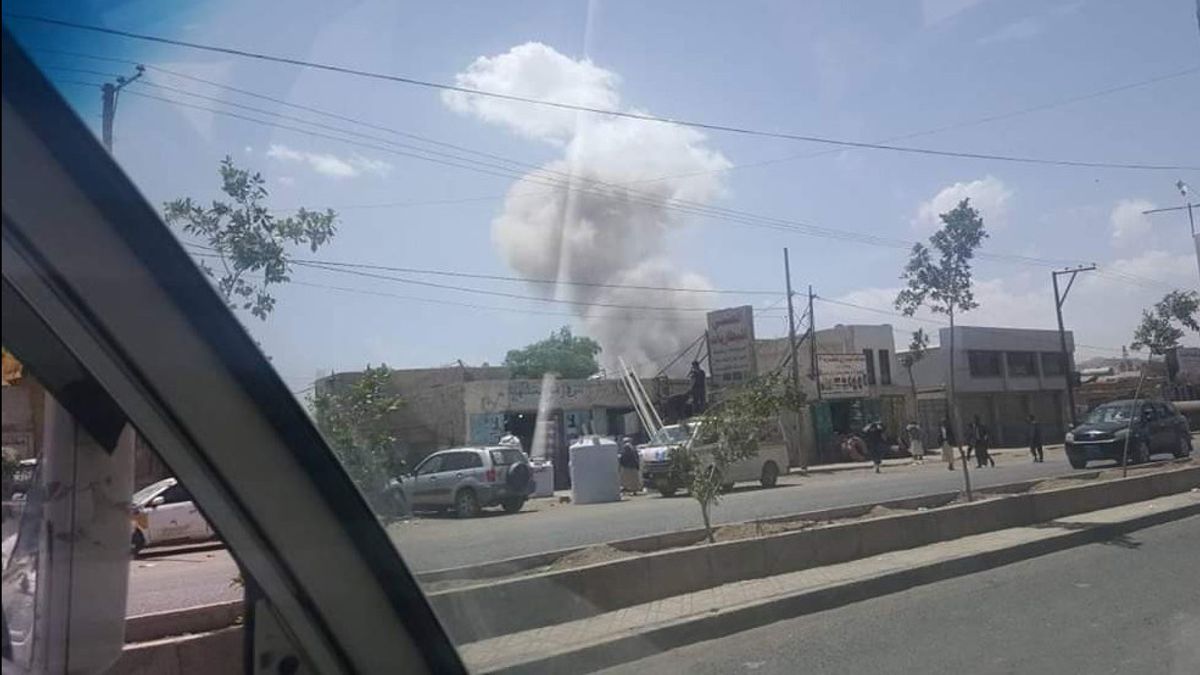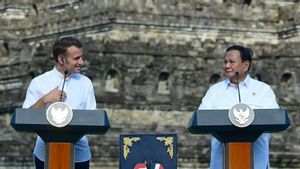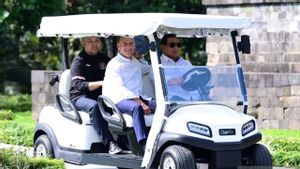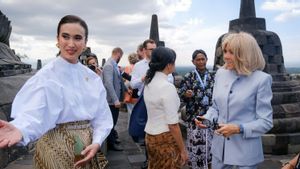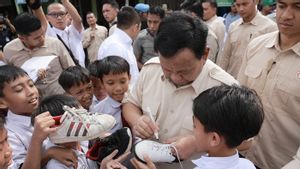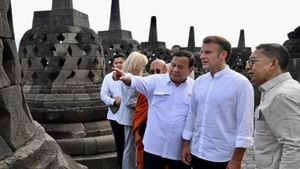JAKARTA - The United Nations and western countries are encouraging various parties to the conflict in Yemen to agree to new talks and end the war. This is because there are millions of people who are susceptible to disease in the midst of war who can contract COVID-19.
The United Nations has sent proposals to the parties concerned, namely the military coalition led by Saudi Arabia and the Houthi group united with Iran. The Houthis are known to control the city of Sanaa and most of the major cities in Yemen.
UN special envoy Martin Griffiths is seeking to hold talks via video conference soon to discuss a treaty calling for a national ceasefire. The agreement also includes a halt to all air, land and sea attacks. The parties were also asked to ensure that these rules were followed by troops on the front lines.
Meanwhile, the World Health Organization (WHO) said that there have not been any confirmed cases of COVID-19 in Yemen. The diseases that Yemen is currently facing are cholera, dengue fever and malaria. The unavailability of proper sanitation in the country is also a problem in the country and about 80 percent of Yemenis depend on humanitarian assistance.
"The Office of the UN Special Envoy for Yemen engaged the parties to reach an agreement on a national ceasefire and the resumption of a political process aimed at ending the war comprehensively," a statement from the United Nations said.
"This process is further aimed at encouraging joint efforts to counter the threat of COVID-19," he said, adding that the UN was also contacting the wider range of Yemeni authorities for consultations on how to help Yemen prevent the presence of COVID-19 in the country.
The conflict in Yemen has been going on for five years. The area is being used as a proxy war between Saudi Arabia and its arch enemy, Iran. The conflict has also killed more than 100,000 people and resulted in a humanitarian crisis that has left millions in Yemen on the brink of starvation. Meanwhile thousands of others have sought refuge in refugee camps.
Saudi Arabia launched indirect talks with the Houthis late last year, causing a temporary pause in military operations. But the recent spike in violence has threatened a fragile peace deal in Yemen's main ports that handle imports and aid flows.
Last week, various parties to the conflict in Yemen welcomed calls from UN Secretary General Antonio Guterres for a ceasefire. However, on Sunday March 29, the Houthis fired missiles at cities in Saudi Arabia, including the capital Riyadh. Saudi Arabia then responded with major air strikes on Sanaa and Hodeidah on Monday 30 March.
The English, Chinese, Japanese, Arabic, and French versions are automatically generated by the AI. So there may still be inaccuracies in translating, please always see Indonesian as our main language. (system supported by DigitalSiber.id)
